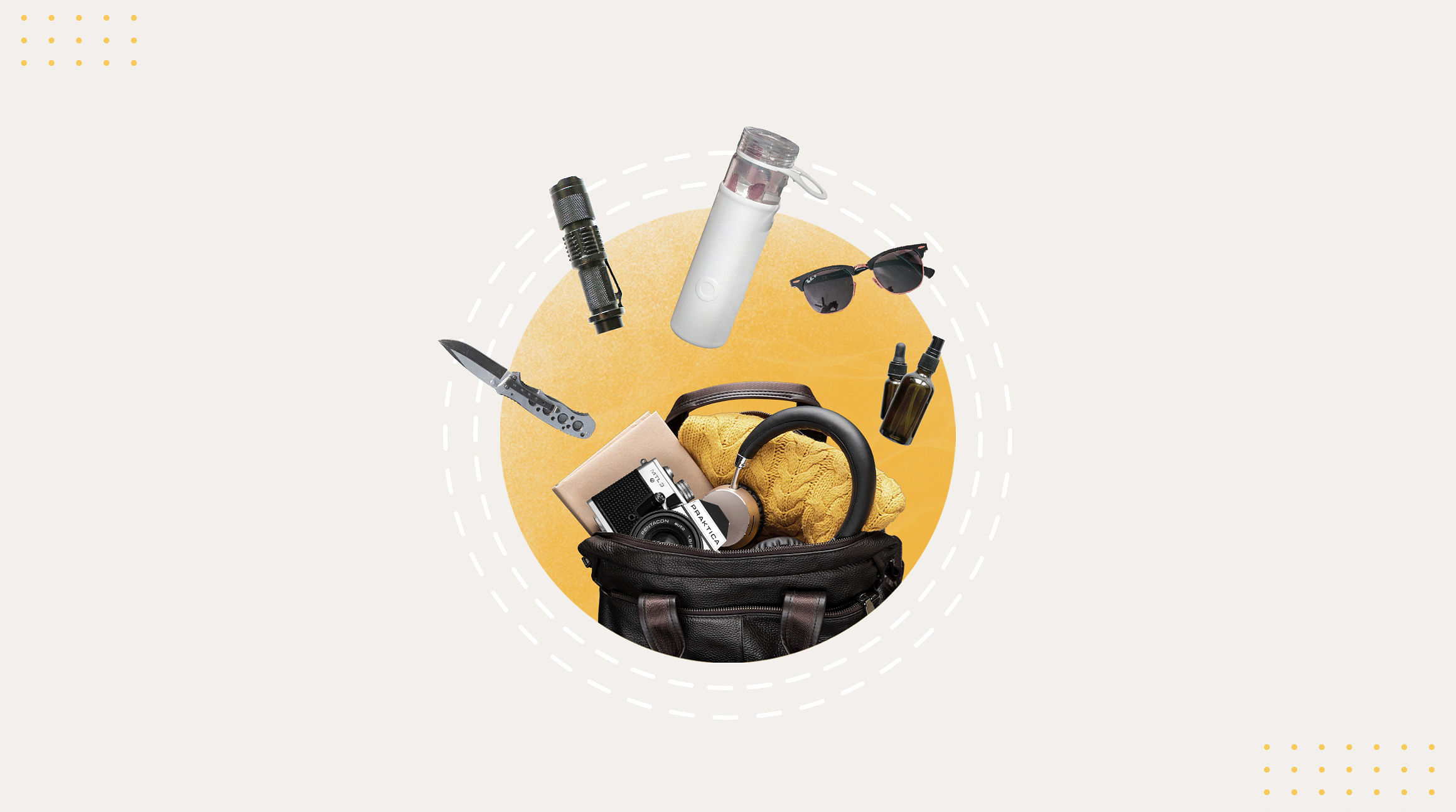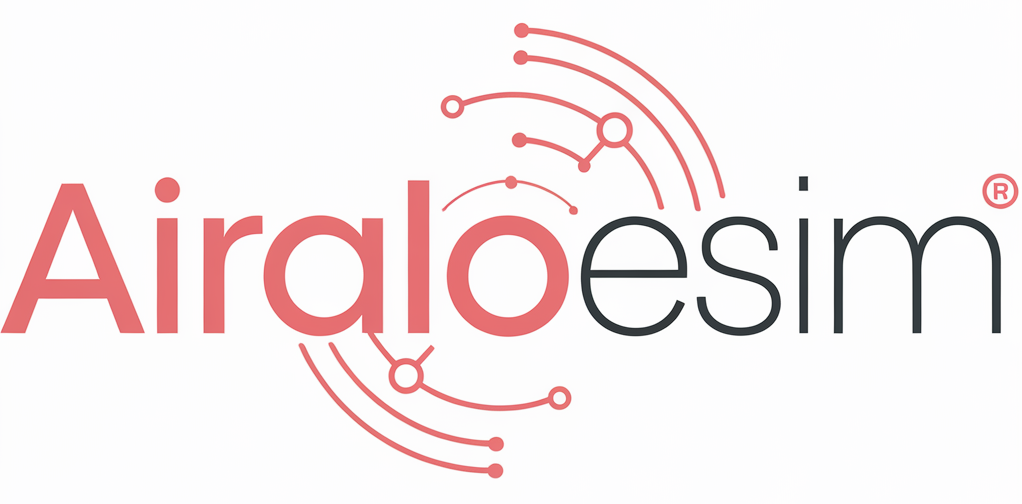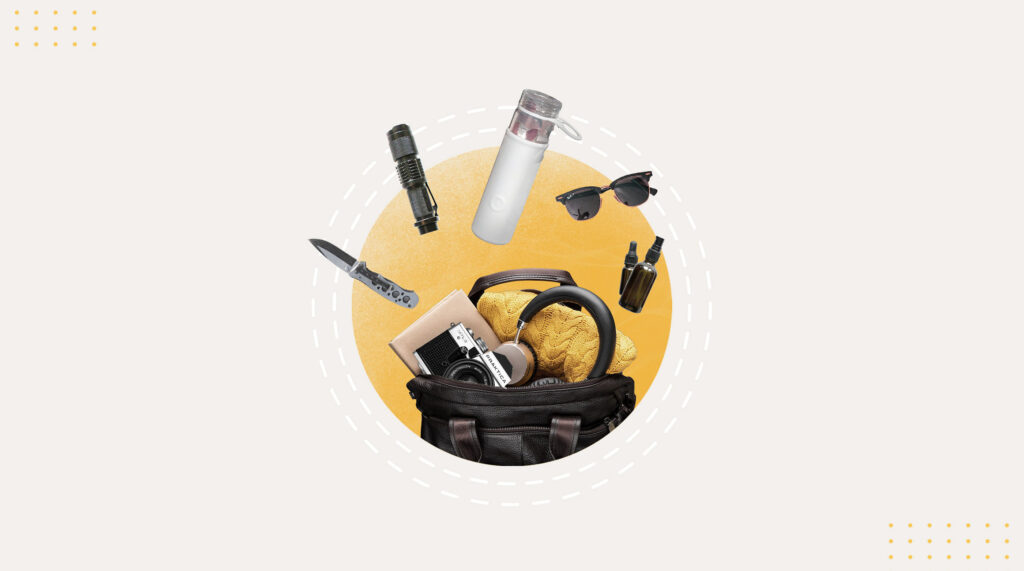No products in the cart.
Uncategorized
TSA Carry-On Restrictions: What You Need To Know

Transportation Security Administration (TSA) carry-on restrictions can be confusing and frustrating. And the fact that different airlines often have different rules sure doesn’t help matters. Planning a trip and wondering what size carry-on to bring and what liquids are allowed? You’re not alone. Here’s everything you need to know about TSA carry-on rules.
Carry-On Luggage Rules
Different airlines have different requirements for the size of your carry-on. This information is typically provided when booking your flight. Before you hit “purchase,” take a look at the carry-on luggage rules and liquid allowances.
Carry-on luggage typically means a small case, while personal items can include a briefcase, handbag, small backpack, diaper bag, or generally any item that can slip underneath the seat in front of you.
Below, we’ll discuss carry-on rules in detail, including the requirements of a few major US airlines. Confirm these requirements when purchasing flights, and remember that dimensions and liquid allowances may be subject to change.
Related: How To Pack Your Carry-On Like a Pro
Delta Air Lines
Travelers flying on Delta are allowed one carry-on bag and one personal item. On Delta, a personal item may include a handbag, a laptop, or a backpack. The carry-on bag must be no bigger than 22 inches long, 14 inches wide, and 9 inches tall.
Three destinations also have an additional weight requirement. The carry-on luggage rules in Singapore state that bags can’t be heavier than 15.4 pounds. Similarly, Beijing and Shanghai only allow bags under 22 pounds.
JetBlue
On JetBlue flights, carry-on allowances depend on the type of ticket purchased. Basic Blue fares allow one personal item, while Blue, Extra Blue, Blue Plus, and Mint get one personal item plus a carry-on. The personal item must fit in the seat in front of passengers and must not exceed 17 inches long by 13 inches wide by 9 inches tall. Luckily, there are no weight requirements for these bags.
Southwest Airlines
On Southwest, travelers are allowed one personal item and one carry-on, both with specific dimensions. Personal bags should not exceed 18.5 inches long by 8.5 inches wide by 13.5 inches tall, while carry-on bags are capped at 24 inches long by 16 inches wide by 10 inches tall.
United Airlines
Most passengers on United flights can bring one personal item plus one carry-on. However, if you booked a basic economy ticket, you’re restricted to one personal item. That is, unless you have a MileagePlus credit card, you’re a MileagePlus Premier Member, or you’re traveling internationally. Personal items on United Airlines flights are limited to 17 inches long, 10 inches wide, and 9 inches tall. Carry-ons are limited to 22 inches long, 14 inches wide, and 9 inches tall.
Frontier
Frontier works differently than the airlines mentioned above. They charge for checked and carry-on bags; the price depends on the route and how you pay for them. For example, a longer flight will alter the price, as will purchasing bags via the web, app, boarding gate, or check-in desk. Once purchased, there are some restrictions to understand. Personal items are limited to 8 inches deep, 18 inches wide, and 14 inches tall. Carry-on bags can weigh up to 35 pounds. They also can’t be larger than 10 inches deep, 16 inches wide, or 24 inches tall. Plus, they must fit in the overhead compartment.
TSA Liquid Carry-On Rules
Airline carry-on rules for liquids can be as confusing as those for personal items and carry-on bags. Before arriving at the TSA checkpoint, ensure you know exactly what will be allowed through security. This includes the liquid limit and exceptions to the TSA liquid carry-on rules.
TSA Liquid Limit
As a general rule, travelers can bring 3.4 ounces or less of a liquid through airport security in their carry-on bags. You might have heard of the 3-1-1 rule. This means each traveler can bring one quart-sized bag with liquids, including gels, creams, aerosols, and pastes, through security. Each liquid must be in a travel container of 3.4 ounces or less.
TSA Rule Exemptions
However, there are a few additional exemptions to these TSA rules to keep in mind, including allowances for medication and baby food. The TSA allows larger quantities of liquid if they are medically necessary for the passenger. Just declare the medicine to the TSA agent at the checkpoint for inspection. Baby food, including breast milk and formula, is also allowed in larger quantities. Teethers with liquid-filled material, baby food, water, and juice for babies are also allowed.
In addition to medicine and baby food, passengers can also carry duty-free purchases onboard during inbound international flights. Just make sure to keep the receipt in case the TSA agent requests to see it.
Additional TSA Rules
There is an extensive TSA list of banned items from flights. While the entire list can be found on the TSA website, most banned items probably won’t come as a shock. For example, knives, firearms, and box cutters are all restricted.
Another tricky area for travelers revolves around sporting vacations and camping. Again, check the TSA website for banned items, but as a general rule, passengers can bring air mattresses, antlers, sports balls, bike chains, and air pumps. Baseballs are allowed. Baseball bats are not.
In addition to the rules above, passengers are restricted from carrying on many other things. For example, the only flammables allowed on flights are cigars, cigarettes, Zippo lighters, and dry batteries.
Understand the rules for carry-on bags and liquids regardless of which airline you choose. Knowing this information ahead of time will lead to less stress at the airport, including when going through TSA security. This knowledge will help you get through security lines faster and ensure that you’re allowed to bring all items necessary for your trip onboard.
Stay Connected With an eSIM
Traveling internationally? Stay connected abroad is essential, and Airalo makes it easy. Simply purchase an eSIM for your destination, install it on your device, and instantly connect to a mobile network when you arrive.
Here are a few reasons to use an Airalo eSIM when you travel:
- Connect to a mobile network within minutes of arrival.
- Choose from flexible local, regional, and global data plans.
- Eliminate the need to find a local SIM vendor.
- Say goodbye to expensive roaming charges.
- Store multiple eSIM data plans on your device.
Sounds good, right? Remember to get an Airalo eSIM to stay connected wherever you travel.

